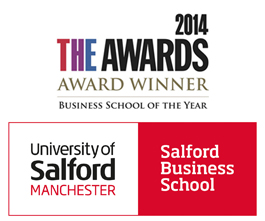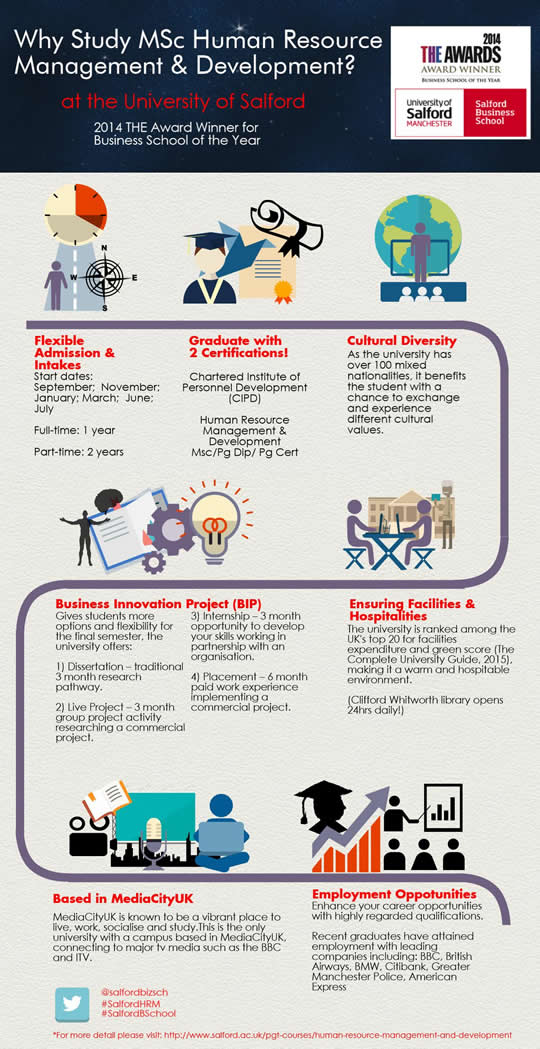
Since the dawn of human history we rely on the study of Human Resource Management to help us reach magnificent results. Any achievement carried out successfully needed a considerable amount of organisation and management. The three main resources available in these projects are time, material and most importantly human resources.
Let’s just think about the immense buildings of ancient civilisations: the Pyramids in Egypt, the Greek and Roman Temples, the Great Wall of China, or the improvements that human society got after the Industrial revolution and the French revolution.
How could these be obtained and created by exploiting the force of hundreds of people without management theory?
Ages of Human Resource Management (HRM)
Naturally, in the distant past there weren’t the management concepts that are currently available.
Before the industrial revolution, management was used by very few major institutions and in broad terms. The subsequent rise of larger organisations stressed the need to rely on more people to be involved in common tasks and this required more and more advanced coordination and cooperation levels.
Then, continuous changes and rise of new industries in the 20th century led to the necessity for more expertise. Therefore management concepts started to merge with sociology, psychology and mathematics, becoming operations management.
Eventually, the modern companies require deeper experiences and increasing connection with the customer. This also includes the empathy between the employers and the employees which is the origin of human resource management.
Relevance of Human Resource Management
Human Resource Management focuses on long term planning thorough management of individuals, both in workplace and in the markets, with their culture and settings, as suggested by Heathfield (2015).
It is no longer based only on personnel roles within an organisation. Instead, it is a source of added value and measures of the impact that the employees make on business performance.
Every large organisation must have a professional human resource management team with the following key functions (Human Resource Excellence, 2015):
- Recruitment and Training, to hire the right people and give them the right organisational development
- Performance Appraisals, to motivate the employees and let them bring improvements in their activity
- Maintaining Work Atmosphere, to increase efficiency and job satisfaction
- Managing Disputes, to mediate conflicts and take suitable actions
- Developing Public Relations, to enhance relationship in the sector and get ready with business and marketing plans.
Why study Human Resource Management?
By studying on the MSc Human Resource Management and Development programme, it is possible to develop the above. In order to become an HRM practitioner you would gain knowledge and skills from recruitment and selection process to bringing in the maximisation of the individual and organisational potential.
Nobody wants to be like Mr. Boss the main character of this video:
https://www.youtube.com/watch?v=_HuAnGEqKuo
He needed further study to be more skilled, more popular amongst the employees and… why not, even more handsome! Follow his story through this blog and on the social networks through the hashtag #MrBoss and understand why study human resource management.
Why in Salford? #SalfordHRM
The University of Salford has more than 3,000 foreign students coming from over 100 different countries, and is ranked among the top 20 UK universities for facilities expenditure and green score (The Complete University Guide, 2015). This makes Salford Business School a student friendly and hospitable environment.
Besides the  flexibility of course starting dates (six times per year) and of course duration (part-time or full-time), you will have the privilege to study in the 2014 Times Higher Education (THE) Award Winner for Business School of the Year.
flexibility of course starting dates (six times per year) and of course duration (part-time or full-time), you will have the privilege to study in the 2014 Times Higher Education (THE) Award Winner for Business School of the Year.
This, added to a double graduation achievement – Masters Degree and Chartered Institute of Personnel and Development (CIPD) Qualification – gives extra benefits and value for the time you are going to spend studying.
That’s why we decided to launch the new hashtag #SalfordHRM, to exploit the power of social media, to attract increasing audience and to make the actual students proud to share their experience in this course and in their whole university life.
So… What are you waiting for? Join #MrBoss and #SalfordHRM on Twitter


Hi,
Thanks for sharing this post. Great article. I do agree that Human Resource Management is in fact increasingly misunderstood and has great oportunites for improvement in organisaitons. I would strongly recommend to others to study Human Resource Management